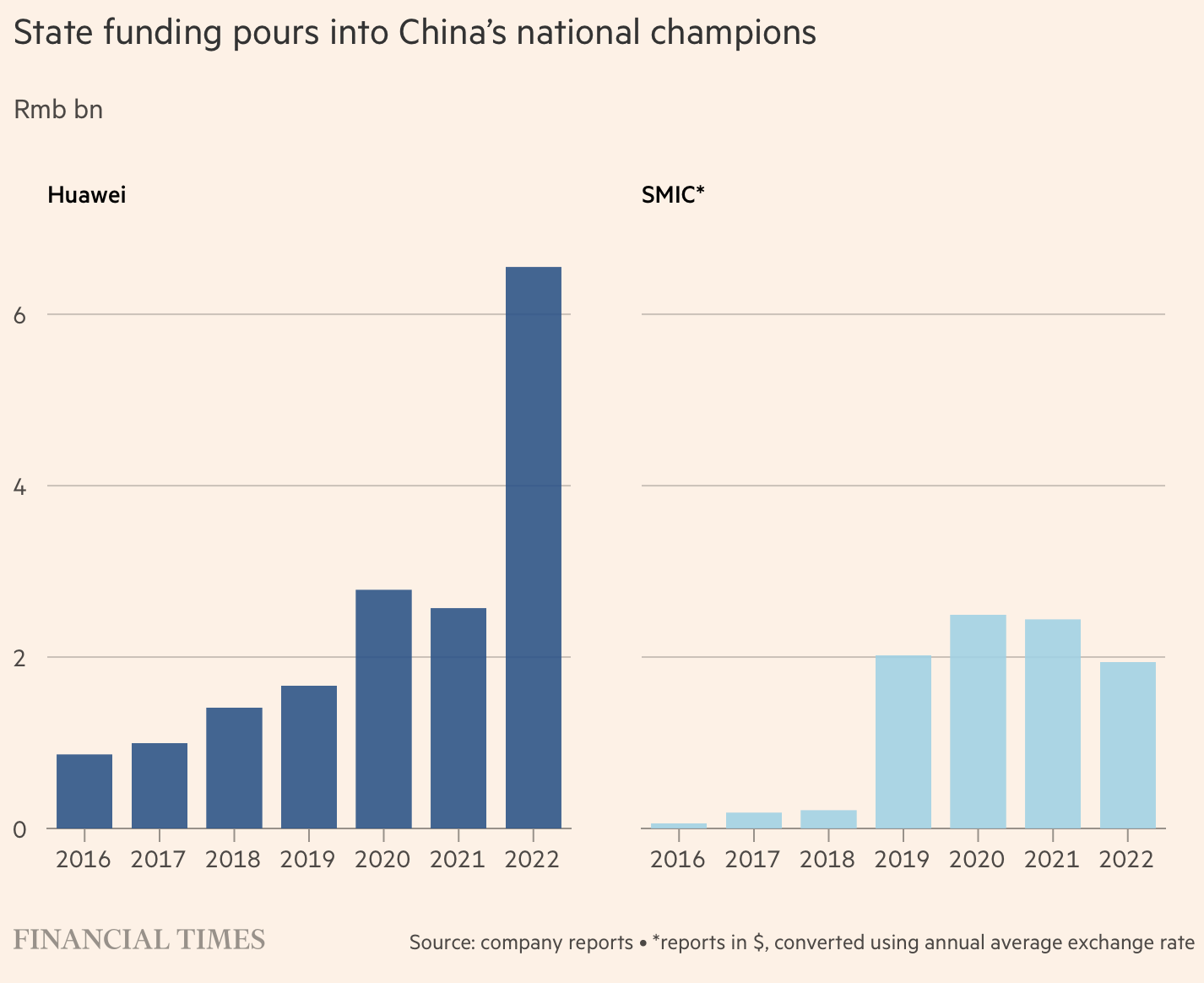owlo
Full Member
- Joined
- Mar 27, 2015
- Messages
- 3,252
On November 16, US war planes destroyed 116 fuel trucks in in oil-rich eastern Syria, the source of a solid portion of ISIL’s oil revenue. In a statement, the US Defense Department indicated that in addition to the tankers, airstrikes also hit a number of tactical units, fighting positions, storage depots, vehicles, and staging areas in Syria and Iraq as part of Operation Inherent Resolve. In subsequent operations, the number of tankers destroyed reached 238.
https://www.justsecurity.org/28064/targeting-tankers-law-war-part-1/
I am not disputing your claim that "The PLAN (Chinese Navy) are consistently and increasingly not adhering to maritime formalities" it might be completely true and if you put me another example I might wholeheartedly agree with you. Don't get me wrong, I do not have any sympathies towards China, and they are pushing the world as we know it into a dark direction
Also, not only they might not help but more than once the Chinese navy attacked Filipino fishing boats with water cannons when those were fishing in the disputed water between China and Philippine.
But accusing them to not assist an Israel tanker when the Yemen government are at war with Israel, I don't see what is not understood. Specially when I am pretty sure that those chines ships knew exactly that there were 2 destroyers that they were patrolling the area.
Why do you think the Chinese should get involved in a this conflict at any level?
Now tell me,
https://imemc.org/article/israeli-navy-attacks-fishing-boats-in-gaza-9/
Should the US, or China or anyone attack Israel and save the Palestinian boats in this instance?
Fuel trucks/tankers are these:

They operate inside a territory, are manned by nationals of that country, and are generally legitimate targets.
Maritime tankers are these:

They might be owned by a company incorporated in a country, but generally transit between oil terminals (eg. Saudi Arabia and Spain) They are generally manned by sailors from 3rd party countries. (generally about 30% EU/US and 70% others) - They are almost never legitimate targets if traveling between two neutral ports. Economic warfare against these vessels (eg Russia currently) is generally achieved through sanctions. Maritime law protects these vessels of all nations and China should adhere to it.
Starting to think this may be a language issue. They are completely different things.
Now tell me,
https://imemc.org/article/israeli-navy-attacks-fishing-boats-in-gaza-9/
Should the US, or China or anyone attack Israel and save the Palestinian boats in this instance?
This leads me back to the idea it's not a language issue but one about Israel yet again. I'll engage this once against my better judgment, but you'll probably get a better reply from your echo chamber.
Israel has been stepping up restriction of the maritime zone for security reasons since Hamas took control in 2007. It should be 20 miles as per the Oslo accords, but the Netanyhu government have been constantly eroding it. This is a better article to understand it. In terms of maritime law, nations have a right to board and inspect vessels in their national waters and to enforce restrictions on them. If a vessel is in distress the Israelis (and US/Chinese) have a responsibility to respond and save the crew. Their use of water cannon and aggressive tactics are contrary to maritime customs and quite indicative of how Europeans are starting to treat refugee vessels. I don't agree with it at all, and I suspect if you ask any other mariner or former mariner they will disagree too. But all this is completely irrelevant to the thread.

